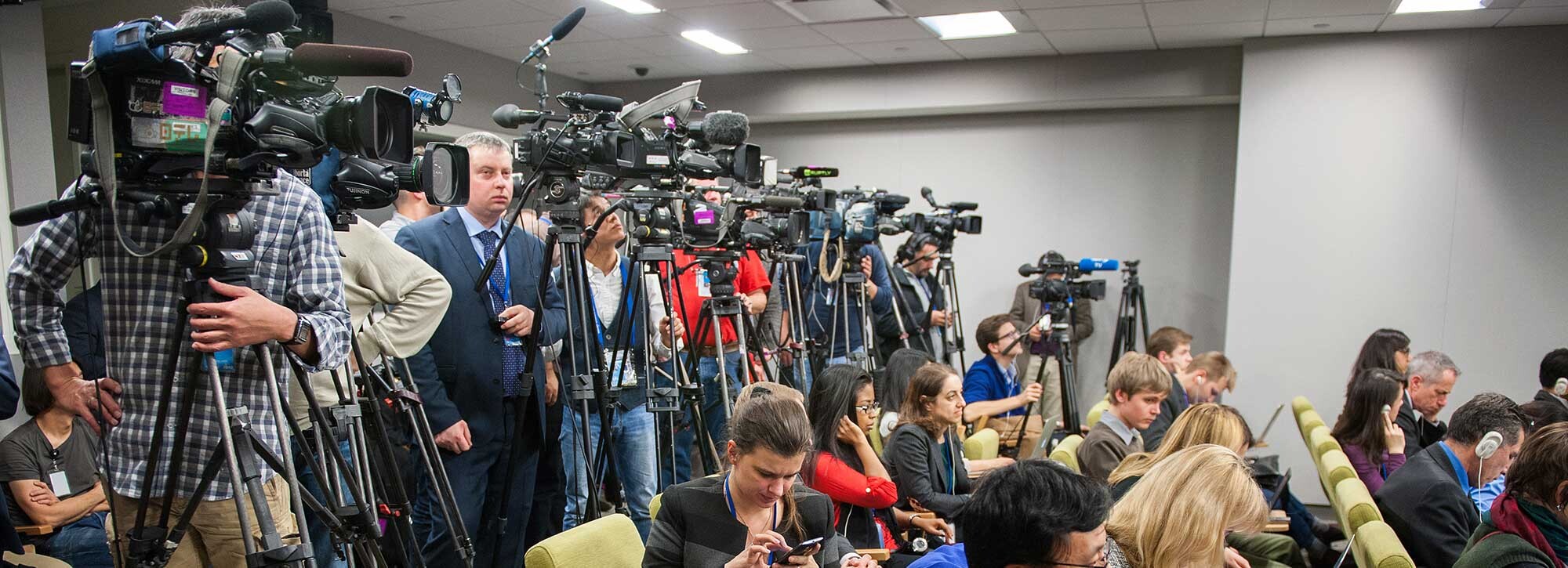About the Case
The Clinic represents Harvard professor and author Jill Lepore in her effort to unseal the records of two 1971 grand juries convened to investigate the leak and subsequent publication of the Defense Department study of the Vietnam War that became famous as the “Pentagon Papers.” As part of her research for a forthcoming book, Professor Lepore requested that the National Archives and Records Administration at Boston provide her with access to the records. Her request was denied on the grounds that it would violate grand jury secrecy rules. On Monday, December 17, 2018, the Clinic assisted Professor Lepore in petitioning the United States District Court for the District of Massachusetts to unseal those records.
As the Clinic notes in its memorandum of law, the District Court has inherent authority, recognized by Federal Rule of Criminal Procedure 6(e), to order the disclosure of its own proceedings to improve the public’s understanding of historical events. District Courts in at least four circuits have exercised this authority. The Second Circuit has analyzed this issue in greatest depth, and established a nine-factor balancing test to consider such disclosure requests. See In re Petition of Craig, 131 F.3d 99 (2d Cir. 1997).
Here, the continued contemporary interest in and historical significance of the Pentagon Papers, the passage of nearly 50 years, and the support of Professor Lepore’s petition by surviving witnesses and others implicated in the proceedings weigh heavily in favor of unsealing the records. Professor Lepore has gathered and submitted declarations from many of the people who testified before the grand jury or were otherwise caught up in the investigation, including: Daniel Ellsberg, who copied and distributed the Pentagon Papers; Samuel Popkin, who was jailed for contempt after refusing to answer questions before the grand jury; and former United States senator Mike Gravel, who entered the Papers into the public record and sought to quash a grand jury subpoena served on one of his aides. Their support speaks to both the continuing relevance of these records and the absence of any privacy interest in keeping them under seal.
Clinical lecturers Charles Crain and John Langford ’14, and students Jessica Baker ’20 and Ellis Liang ’19 are working on this matter. They are assisted by Jonathan M. Albano and Noah J. Kaufman of Morgan Lewis’ Boston office.
